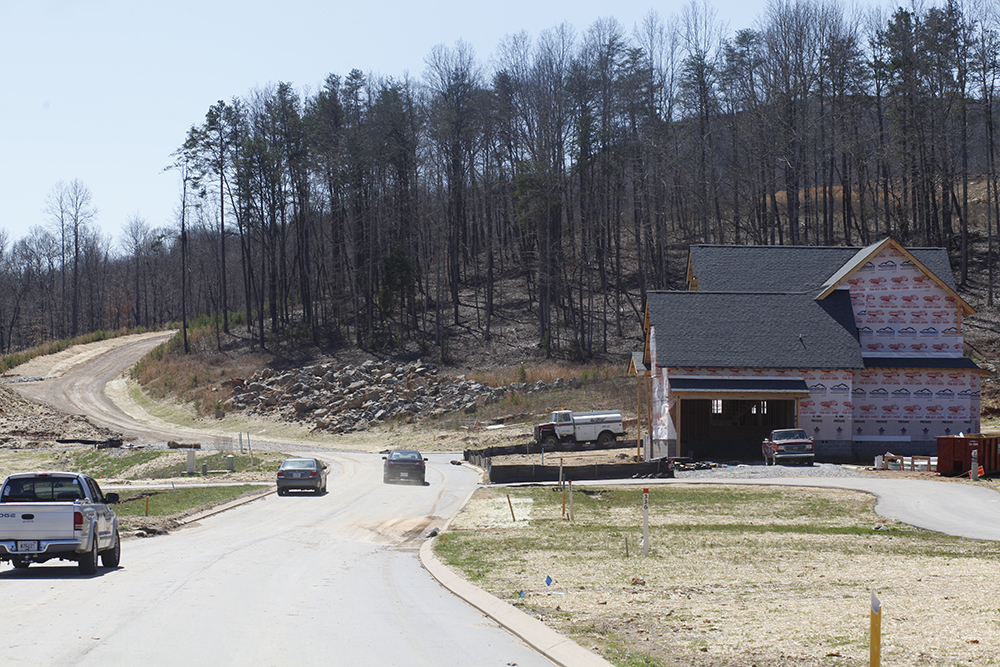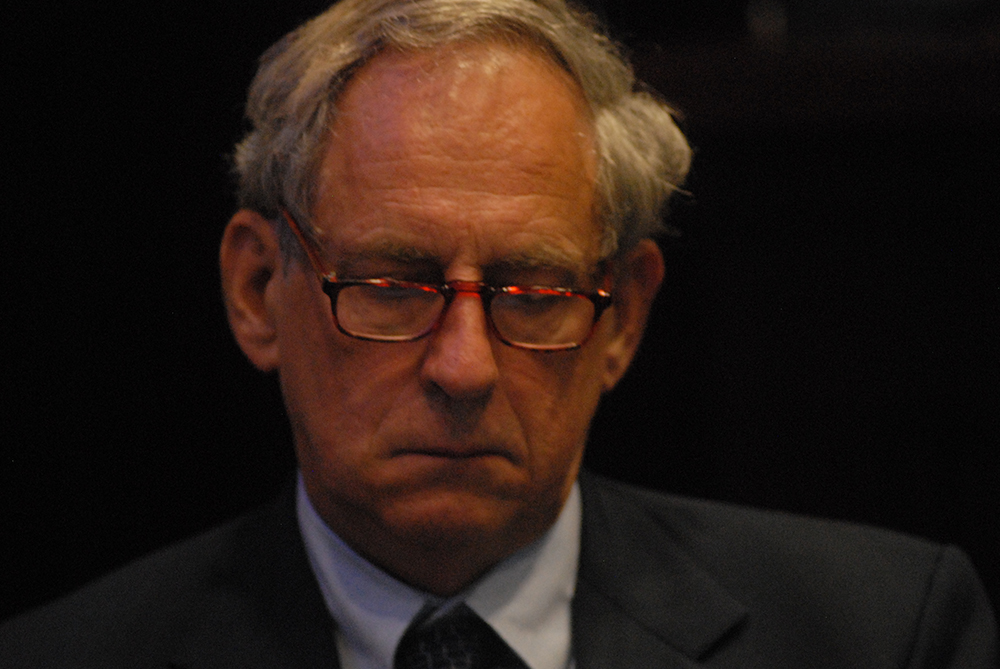A new lawsuit claims that a city board under fire for holding secret meetings has run afoul of Tennessee's Sunshine Law because it again met secretly to discuss how to deal with previous violations.
Government watchdog Helen Burns Sharp, who has been sharply critical of the city's Industrial Development Board, filed the lawsuit in Hamilton County Chancery Court to stop what she called "improper, unauthorized, wrongful, unlawful, arbitrary and capricious actions" relating to the "improper expenditure and allocation funds of public funds."
Tennessee's law prohibits any governmental body from conducting secret votes, secret ballots or roll calls, a prohibition that extends to the IDB. Any action taken secretly, if proved in a court of law, may be rendered void.
Chancellor Frank Brown previously voided the board's award of more than $9 million in taxpayer support to the developers of a golf course community at Aetna Mountain, citing violations of the state's open meetings act and questions about whether the project even qualified for public funds.
The funds are slated to help build a road up Aetna Mountain, which will allow Black Creek Mountain developers to build a $500 million development on one of the last unspoiled mountains in Chattanooga. The project, which is primarily residential, will include a sewer line, which developers say qualifies it as an infrastructure project under state law. Opponents say that the project flies in the face of the law's intent, which was to promote development in blighted areas, not support golf courses and high-end homes.
In response to Brown's ruling, the board held two open meetings in which it publicly reaffirmed its earlier decision with little discussion. But Sharp charged that while the board made a show of holding public meetings, behind the scenes it carried on its controversial policy of privately discussing the disbursement of taxpayer funds on at least two occasions.
Following the first public meeting, the board recessed to an executive session with attorneys, refusing to divulge what conversations took place there or who was present.
"The board perfunctorily rubber-stamped whatever previously illegal actions were done in February 2013," Sharp charged. "It was quite apparent there was no meeting in compliance with the Sunshine Law requiring deliberations and discussions to be made in public."
The public vote was taken at the request of former city attorney Mike McMahan, who previously was fingered as the person responsible for violating Tennessee's open meetings law. McMahan both advised the IDB and earned a fee from the $9 million bond issue, which Sharp said poses a conflict of interest.
In the latest alleged violation, McMahan also attended the board's executive session and emailed members of the board, without providing those documents to the public, Sharp said.
"Someway, somehow, sometime soon, I hope that the City Council and the County Commission will come up with a more deliberate and transparent way of deciding who gets tax breaks," Sharp said.
But the new allegations of secret meetings and private briefings are only the tip of the iceberg, Sharp claimed, citing a handful of other legal questions that remain unresolved in the fight over the project that developers call Black Creek Mountain.
For instance, the City Council in 2012 passed a moratorium on approval of any tax increment financing deals such as the $9 million awarded to the Black Creek Mountain developers, after questions about the project prompted council members to ask for more specific guidelines. Those guidelines have yet to be approved, but the IDB reaffirmed its earlier decision anyway.
In addition, the board approved the project with fewer than the required seven board members, including one, Chris Ramsey, who officials have confirmed was not eligible to serve as he was not a Chattanooga resident. Ramsey was the board member who made the motion to reaffirm the board's earlier decision. The board has two empty seats and two sitting board members with expired terms. But there are no clear guidelines for how to legally fill those seats, City Council chairman Chip Henderson has said.
It also remains unclear how much developers stand to reap from the tax break. At an interest rate of 5.25 percent, compounded once per year on a $9 million bond, the owner of a rock quarry adjacent to the development says that the project's backers could take home more than $26 million on the deal, depending on a number of factors including how much developers pull out of the fund.
But city attorney Wade Hinton, who also serves as the attorney for the industrial development board, said the city doesn't have a schedule of estimated payments.
Sharp, a retired city planner who has spent more than $77,000 of her savings pushing for transparency during the process that awards developers tax breaks under Tennessee law, says the real problem isn't the board's alleged secret meetings or lack of oversight, but rather the poorly designed system that incentivizes underhanded behavior.
Along with former IDB chairman Ric Ebersole, Sharp cites Knoxville, which has awarded several TIFs, as a model for Chattanooga. Rather than what Sharp and Ebersole see as Chattanooga's subjective process, Knoxville requires an administrative fee, requires funds to go toward improving blighted areas and doesn't allow funds to go toward residential projects like the Black Creek Mountain project.
"The current Black Creek Mountain TIF project would not meet any of these requirements," Sharp said.
Sharp has gained support from activists on both sides of the political spectrum, from tea party members to social activists, using her website and a handful of fundraisers to pull in thousands of dollars. In light of the alleged violations of Tennessee's Sunshine Law, Sharp and her supporters, including former city councilwoman Deborah Scott, want to force the project's backers to secure new approvals from the City Council and County Commission rather than from the unelected IDB.
The City Council has tried to bring tighter oversight to the IDB by extending the number of IDB board members to nine for each council member to have an appointment. But that proposal was recently voted down with a 4-4 council split. Currently, nominees come from the office of Chattanooga Mayor Andy Berke.
Contact staff writer Ellis Smith at 423-757-6315 or esmith@timesfreepress.com with tips and documents.


